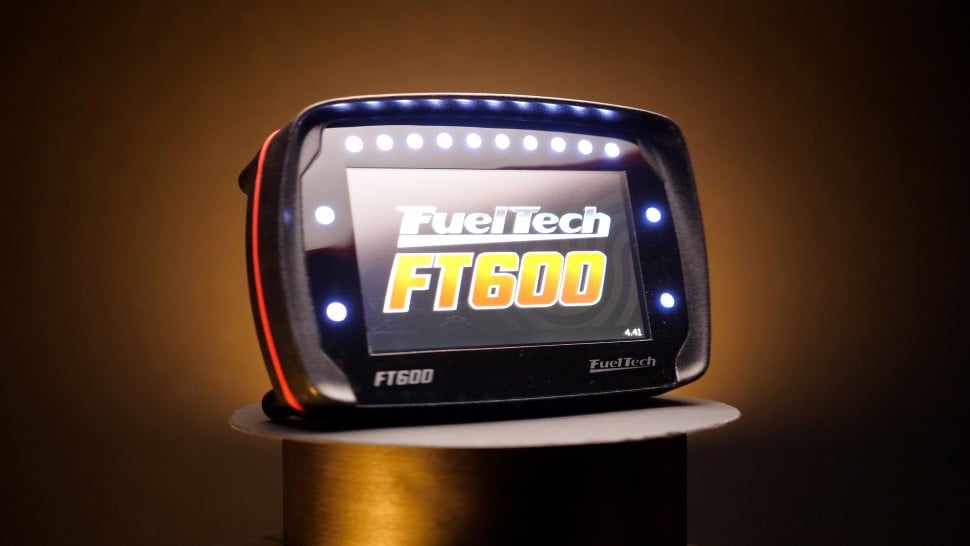Wiring Fundamentals: Analogue Temperature
Analogue Temperature
01.52
| 00:00 | - Analog temperature sensors are a type of resistor that change their resistance in response to temperature changes in a predictable way. |
| 00:08 | The ECU measures the resistance of this sensor and by comparing this to a calibration table, determines the temperature at the tip of the sensor. |
| 00:15 | Overwhelmingly the most common type of temperature sensor you will encounter is a negative temperature coefficient or NTC sensor. |
| 00:23 | The resistance of these sensors decreases as their temperature increases. |
| 00:28 | NTC sensors have two pins, sensor ground and sensor signal. |
| 00:33 | Most ECUs will have dedicated input channels for temperature sensors, which will be described in your ECU documentation. |
| 00:40 | The reason most automotive ECUs typically have input channels which are dedicated to temperature measurement, is that they cannot actually measure a resistance value directly. |
| 00:50 | What they instead do is compare the unknown resistance value of the sensor to a known fixed resistance value inside the ECU. |
| 00:58 | And the calculate what the resistance value of the sensor must be. |
| 01:02 | The ECU does this using an internal circuit called a voltage divider. |
| 01:06 | And the addition of this fixed known resistance value inside the ECU is the only difference between an analog voltage input channel and an analog temperature input channel. |
| 01:16 | It's possible to create a voltage divider circuit within our wiring harness which is external to the ECU, meaning we can turn an analog voltage input channel into an analog temperature input channel. |
| 01:27 | This is an advanced technique that often requires generating a custom calibration curve for the temperature sensor and voltage divider and is covered in our advanced motorsport wiring course. |
| 01:38 | If you find yourself in the situation where you need to measure a resistance value using an analog voltage input channel, create a post on our forums with the application details, and we will assist you there. |





